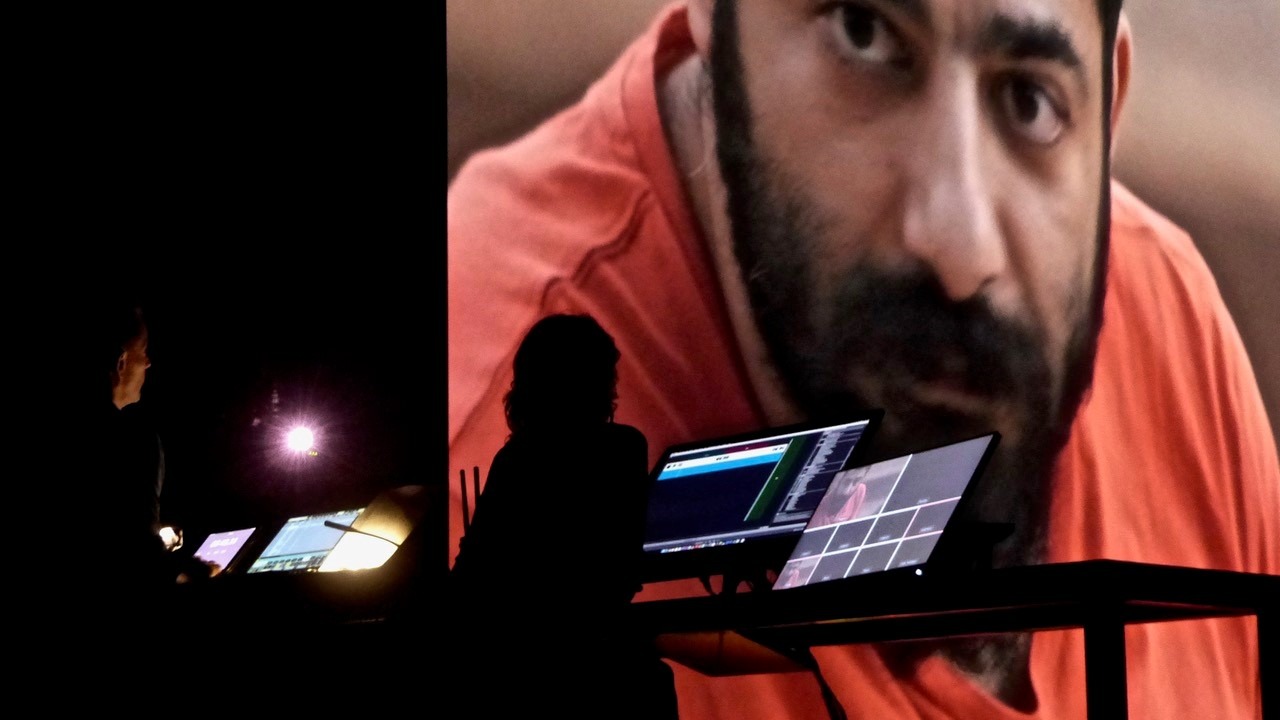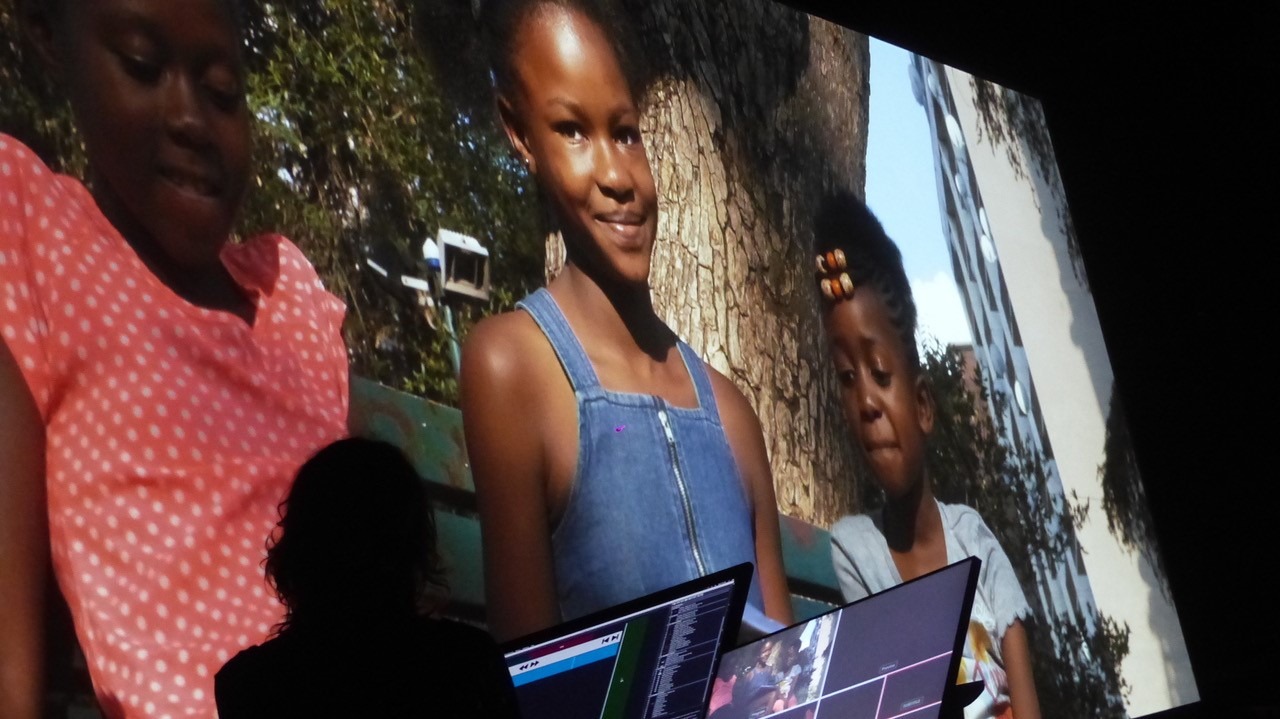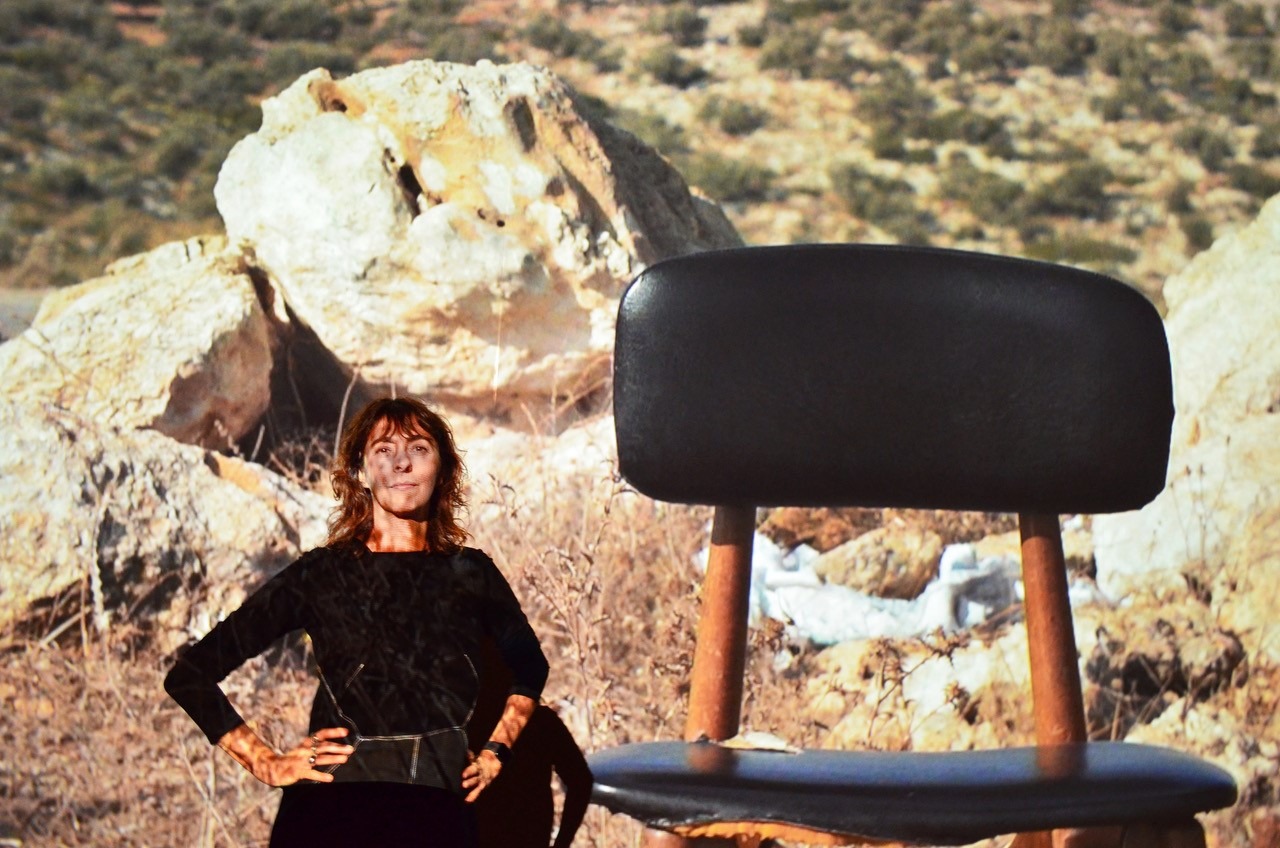Brazilian stage and film director Christiane Jatahy debuted her project Nossa Odisseia with the show Ítaca, which premiered in Portugal at Teatro São Luiz in 2017. O Agora Que Demora is the second part of this diptych around Homer’s epic. What can a three-thousand-year-old fiction tell us about the world we live in in this first half of the 21st century? What is the connection between this story and the current movements of people crossing borders in search of a safe land, of a home? Or other people who, even when marginalized by the authorities, continue to defend their homes against all kinds of invaders?
Christiane Jatahy, who has exposed the lines of tension between cinema and theatre and their respective links with the past and the present, and has destroyed the boundaries between fiction and reality, challenging the viewers’ position within these new connections, goes even further in O Agora Que Demora. Going beyond investigating how cinema can broaden our theatrical experience, dramaturgically and formally, Jatahy reverses the roles between the two media. O Agora Que Demora is a movie that reaches its full dimension when it dialogues with the theatre . The film was directed in Jenin, Palestine; in a refugee camp in Lebanon and in Greece; in the center of the cosmopolitan city of Johannesburg; and in an indigenous community in the Amazon Rainforest, which struggles to defend its homeland and its integrity. Although the filming was done in a documentary context, its purpose is definitely fictional, as the actors in these communities use Homer’s verses to talk about their realities.
In O Agora Que Demora, we embark on a three-thousand-year-old fiction-driven journey, but always with our feet wet with today’s reality’s mud. A movie and a play that transport the audience inside the fiction. A meeting to find gaps in the wall and doors left open, and to ask ourselves: how can we break this cycle of repetition?














